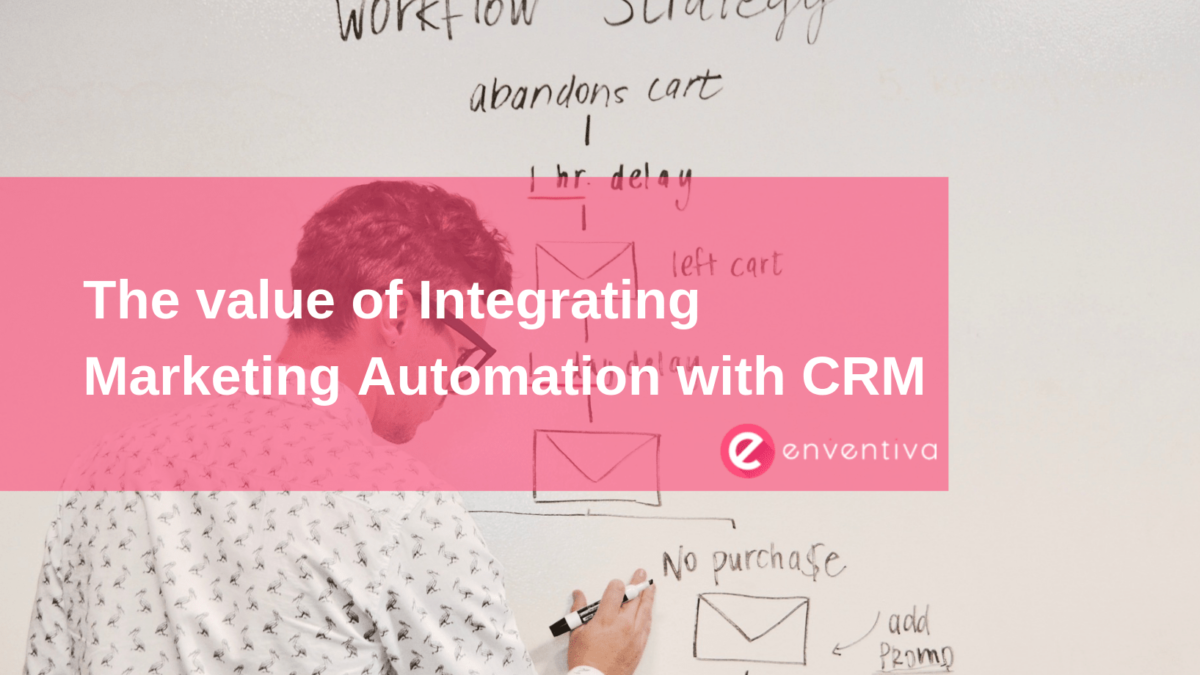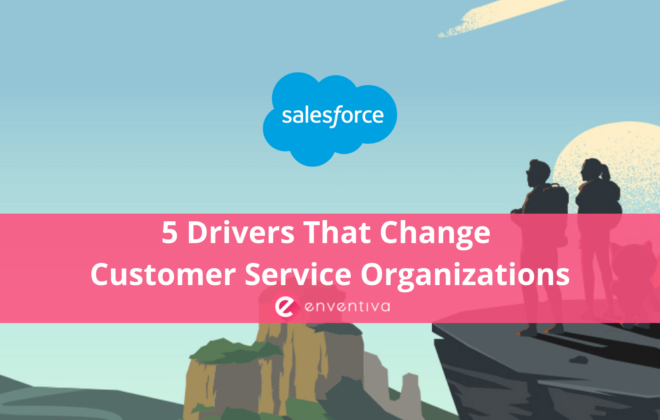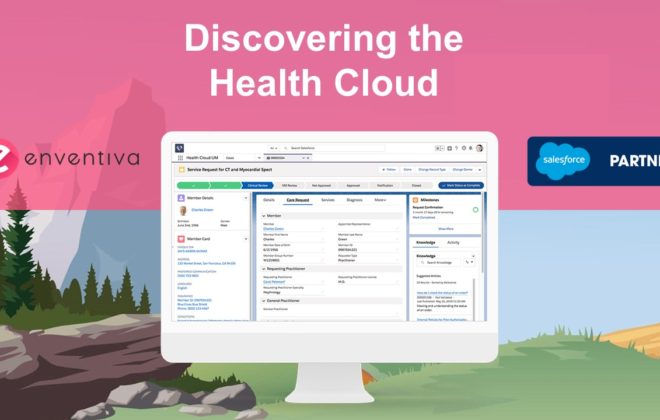Marketing Automation connected with CRM: the Key to a Consistent Lead-to-Cash Process
Every business is looking to increase their revenue. This means closing more sales. To do so, companies generally put a lot of resources into their sales and marketing processes. But most of the time, the results are behind the expectations. Why? Because too often, these processes are supported by heterogeneous products, unable to communicate. Keeping two separated systems, one for the automation of marketing campaigns and one for the customer relationship management (CRM), is totally counterproductive : for an efficient lead-to-cash process, sales and marketing departments must work side by side.
Connecting CRM and marketing tools: what are the benefits?
A company that want to build an efficient funnel should avoid silos of information. Sharing the customer knowledge is the first condition for a successful collaboration between sales and marketing. With all the data in the same place, the two departments can get a unified view of the leads, prospects and customers. This is key to assess the efficiency of sales and marketing processes, and to improve them. Working with a single, unique database also strengthens the collaboration between the two departments.
Salesforce has two different solutions for marketing automation: Salesforce Pardot is designed for Business-to-Business (B2B) companies, while Salesforce Marketing Cloud targets all types of markets. Both of them can be combined with Salesforce CRM. Point and click integration is also possible with external Marketing Automation solutions, such as Hubspot.
Addressing the B2B challenges with Salesforce Pardot
In B2B markets, sales cycles are longer. This means your marketing and sales representatives put a lot of energy into lead acquisition and conversion. Considering this, choosing natively connected marketing and CRM systems is really strategic.
Faster ROI for marketing campaigns
Often, the main KPI for measuring marketing efficiency is the number of leads generated. But from a business perspective, the number of leads converted to customers is more important than the lead generation. As long as no sales are concluded, there is no real return on investment (ROI) for a marketing campaign.
Combining Pardot with Salesforce CRM gives marketing teams the end-to-end visibility required to understand their role in the full lead-to-cash process. This association provides marketing teams with useful features for lead nurturing. This is a key step to deliver qualified leads to the sales departments, but often neglected, due to the lack of indicators.
With Pardot, marketing departments get a better understanding of what’s working or not. They can see which contents and actions give the best results in terms of qualified leads, and what part of these leads are then converted by the sales representatives.Then, they can use sales data to improve their campaigns and increase their conversion rates.
Efficient sales pipeline
The more information sales representatives can get on a lead, the better they work. Through the combination of Pardot and Salesforce CRM platform, they can access useful data, such as lead scoring. This helps them prioritize their actions and select the most promising leads.
With Salesforce Pardot, sales teams can also be automatically alerted when new leads enter the funnel: a useful feature in a B2B market, where leads are far more difficult to acquire and qualify. This way, no time is lost when a hot lead appears.
I’m a B2C business, what’s in there for me?
In B2C markets, the main challenges slightly differ. The volume of leads can be higher, so it can be hard to build true customer engagement. Consumers are more and more demanding, they expect a unified experience across all channels. Without adequate tools, brands often struggle to deliver such experience. This is where Salesforce Marketing Cloud can help.
Building strong customer loyalty
Creating a compelling experience is the best way to engage customers. However, to do so companies need to know theirs customers. This knowledge plays a strategic role in the success – or fail – of sales and marketing actions. Accurate profiling is key for the segmentation and customization of marketing campaigns and processes. Having extended and up-to-date information on a customer also makes upselling and cross-selling easier.
A true omnichannel strategy with Salesforce Marketing Cloud
In B2C, delivering an unified customer experience through all channels is the key to a successful customer relationship. Salesforce Marketing Cloud provides all the tools to support an omnichannel strategy. It allows marketing teams to manage customer journey on all existing channels : social medias, mobile devices, online advertising and emailing campaigns. All these tools work in synergy with the CRM: this allows companies to customize interactions, a key differentiator in competitive markets.






